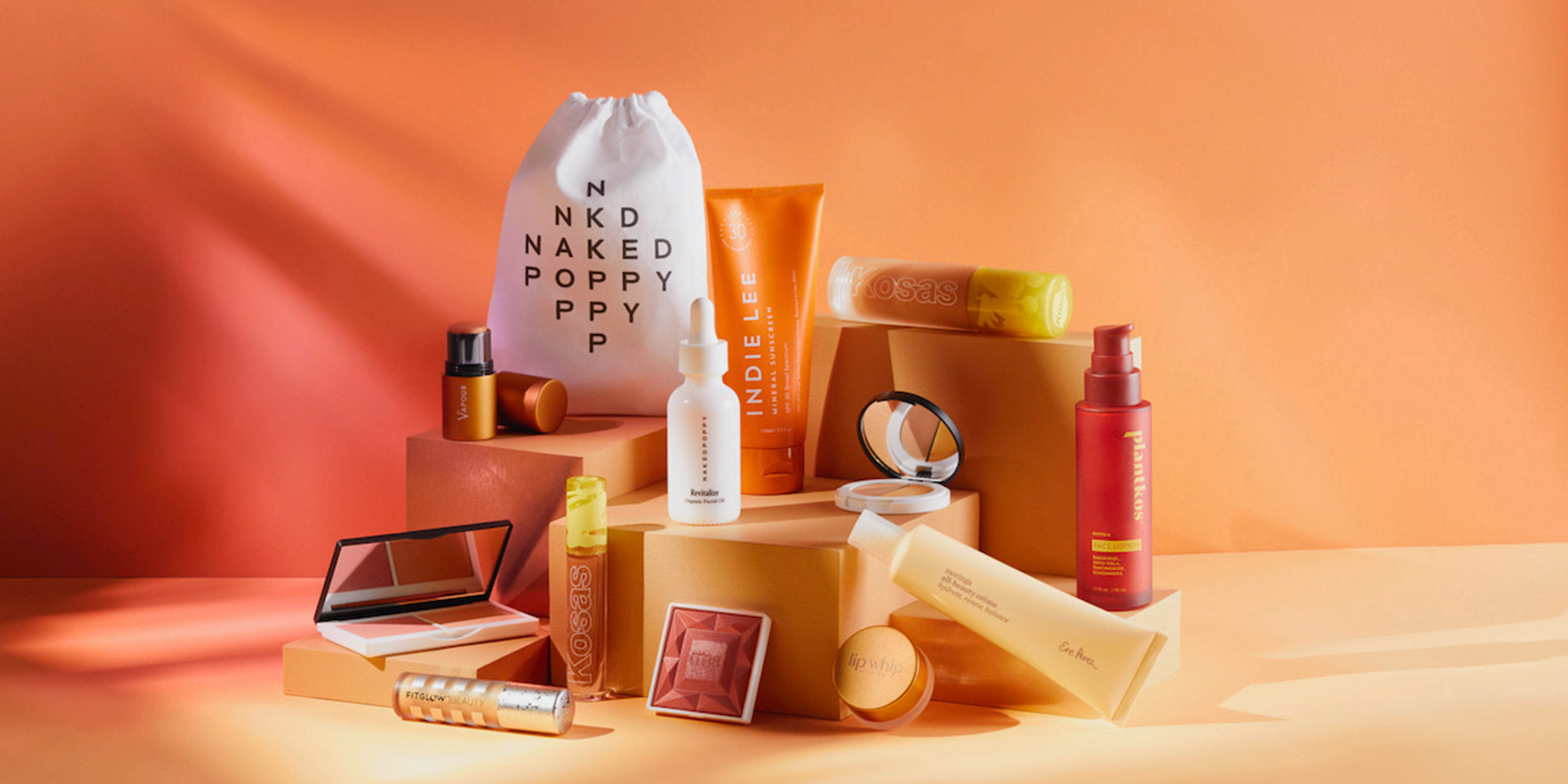
AI-Powered Clean Beauty E-Commerce Company NakedPoppy To Shutter Online Store
NakedPoppy, the clean beauty e-tailer that enlisted scientists to scour product ingredients and harnessed artificial intelligence to match consumers with makeup suited to them, is shuttering its online store on Oct. 31.
It’s joining a growing list of beauty retailers and e-tailers such as Standard Dose, Shen Beauty and Inside Outer Beauty Market closing up shop. They face some of the same challenges that the emerging beauty and wellness brands they carry face, including the difficulties of getting consumers to notice them amid the crowds, lack of capital, the pay-to-play environment of awareness channels and the rising costs of conducting business.
“I don’t want other people to be afraid to take big swings because we made this decision,” says NakedPoppy co-founder and CEO Jaleh Bisharat, a former marketing executive at Amazon, Eventbrite and Upwork. “I would do it again knowing what I know now. Maybe it’s because I’m from the technology world, but you can leave your mark even though you don’t become a 100-year company.”
On top of shifting market conditions at the macro level, Bisharat explains NakedPoppy, a 2022 Beacon Award winner, was battling increased discounting on the part of brands it stocked in the last 18 months that ate into its sales. She also concludes the e-commerce company should’ve jumped into brick-and-mortar retail to provide consumers an immersive experience beyond its digital storefront.
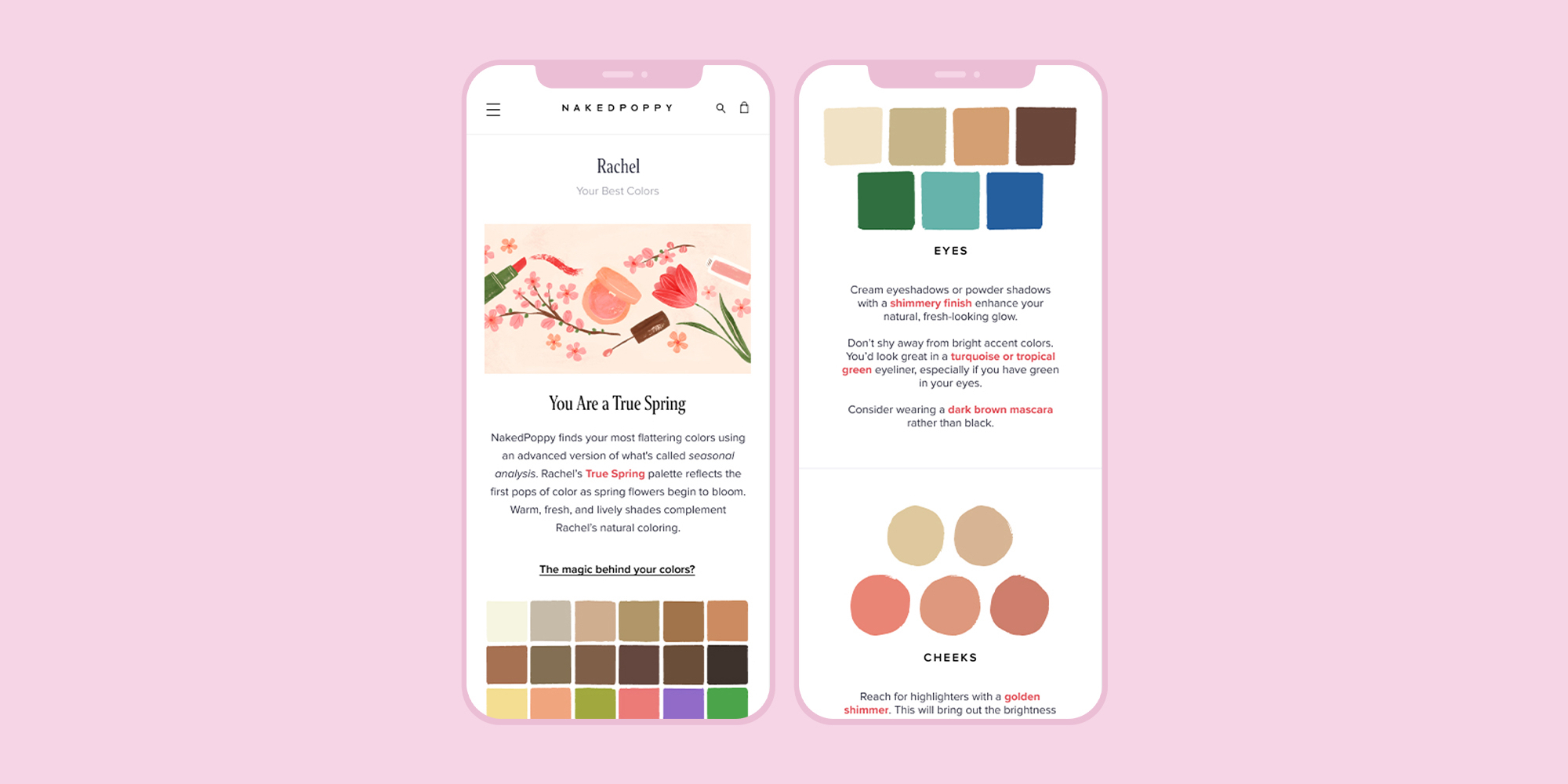
“If I were to look back and say, ‘Oh, should I have done something differently?’ I would probably say work harder to get a partnership with an existing retailer,” says Bisharat, who started NakedPoppy with co-founder Kimberly Shenk. Shenk departed NakedPoppy to launch Novi Connect, a platform that connects indie brands with eco-conscious ingredient and manufacturing suppliers.
Speaking of brands discounting, Bisharat continues, “People would get their product matching done on NakedPoppy, and they would go somewhere else to get the product cheaper. I don’t blame the consumers or the brands that are discounting in order to try to compete, but it became a different kind of business with the need to discount in order to stay competitive.”
Launched in 2019 with $4 million in venture capital funding from Cowboy Ventures, Felicis Ventures and Khosla Ventures, among several investors, NakedPoppy stuck to clean, cruelty-free and environmentally conscious products. It stocked 750-plus makeup and skincare stockkeeping units from around 30 brands such as Kosas, Kjaer Weiss, RMS Beauty Au Naturale, Rituel de Fille, Saint Jane, Indie Lee and Tata Harper. It developed an in-house line, too.
NakedPoppy previously told Beauty Independent that it achieved triple-digit growth between 2021 and 2022. However, Bisharat says, “We are venture backed so you have to reach a different level of growth and profitability than if you are just a business that’s bootstrapping, which a lot of our partner brands are doing, and there is a lot of freedom in that.”
“I don’t think their technology or uniqueness can be replaced as it was truly special.”
A breast cancer survivor, Bisharat was introduced to clean beauty after she was diagnosed with breast cancer and reevaluated the products she was putting on her face and body. As she waded into clean beauty, she became overwhelmed by the multitude of product choices and believed NakedPoppy could help beauty shoppers sift through them. NakedPoppy customers take a 3-minute digital quiz that accounts for skin type, skin color, undertone, age, hair color, eye color, skin allergies and sensitivities to make product suggestions. “This is the right way to shop,” says Bisharat. “The onus should not be on the consumer.”
Sara Rose Donahue, a clean beauty content creator and beauty marketer, and Alexandria Arias, creator of the beauty blog The Empties Archive, agree. “I believe the concept of NakedPoppy is amazing. The conscious and clean beauty space can be so nuanced and difficult to navigate, especially when first switching over your products,” says Donahue. “Having an online retailer that not only vets the products for you, but then even chooses them down to the product and shade is such a turnkey approach.”
Arias says, “I considered NakedPoppy to be essentially the new frontier in allowing savvy beauty consumers to seamlessly choose vetted products from the best clean brands out there. I loved their 3-minute beauty assessment—such a fun and practical way to be able to shop shades online. I oftentimes find that to be tricky when not shopping in person. I prefer online anyway. They really made AI work well for them via that assessment.”
Melodie Davis-Bundrage, founder of Luv + Co., an inclusive color cosmetics brand sold by NakedPoppy, says, “I don’t think their technology or uniqueness can be replaced as it was truly special. Throughout the 10 years we have been trying to grow organically, we have seen many brands and brand partners go out of business, and I think that it says even well-funded and well-published companies must carve out very specific high-growth market positioning and customer segments and have a pivot strategy with diversified income streams in addition to being clean to try to last during these continued challenging times.”

Jenny Patinkin, founder of a namesake makeup brush brand available at NakedPoppy, commends Bisharat for being a trusted advisor and friend as well as a retail partner. “Her vision for Naked Poppy brought tech into the beauty world in a whole new way, but, with life going back to normal after the worst of the pandemic, I imagine it’s just very hard to compete against brick-and-mortar,” she says. “It’s a loss for homebodies like me who would way rather shop from their couch.”
Asked about guidance she’d give to brands interested in supporting smaller retailers, Bisharat’s first piece of advice involves a heads-up on discounts. “If you must discount, if you could tell us and allow us to match the discount, that would be helpful,” she says. “The second one—and there’s only one brand that I can think of that did this—but I felt that, when they got popular, they prioritized larger retailers to receive the product ahead of smaller retailers. We were one of the first places that carried them, and it would have been appreciated to be on the same timeline.”
Although NakedPoppy may be disappearing from the clean beauty retail scene, Bisharat is confident clean beauty isn’t going anywhere. To the extent there’s a backlash against it, she reasons it’s because of brands being misleading about their product testing and sustainability measures. She says, “The good news is the industry is moving toward a more mindful and cleaner set of products, but I don’t think we can say we are there. There are plenty of legacy brands with ingredients that I wouldn’t wear or recommend and packaging that ideally should be reexamined.”

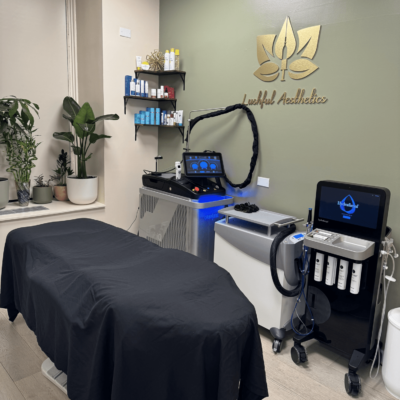
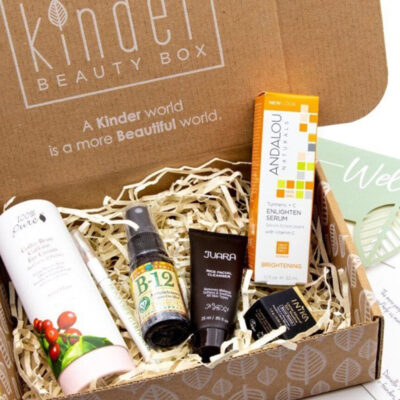

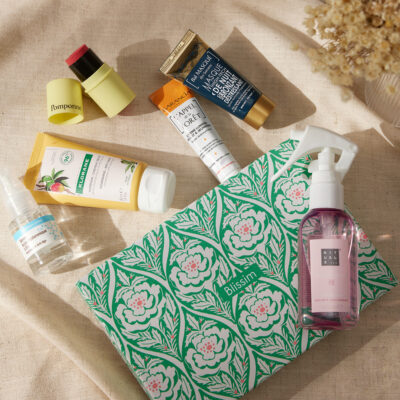
Leave a Reply
You must be logged in to post a comment.